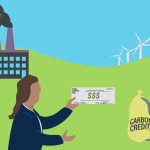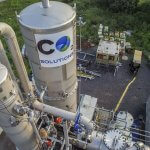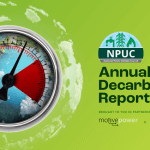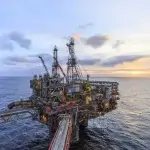Progress in Climate Conference
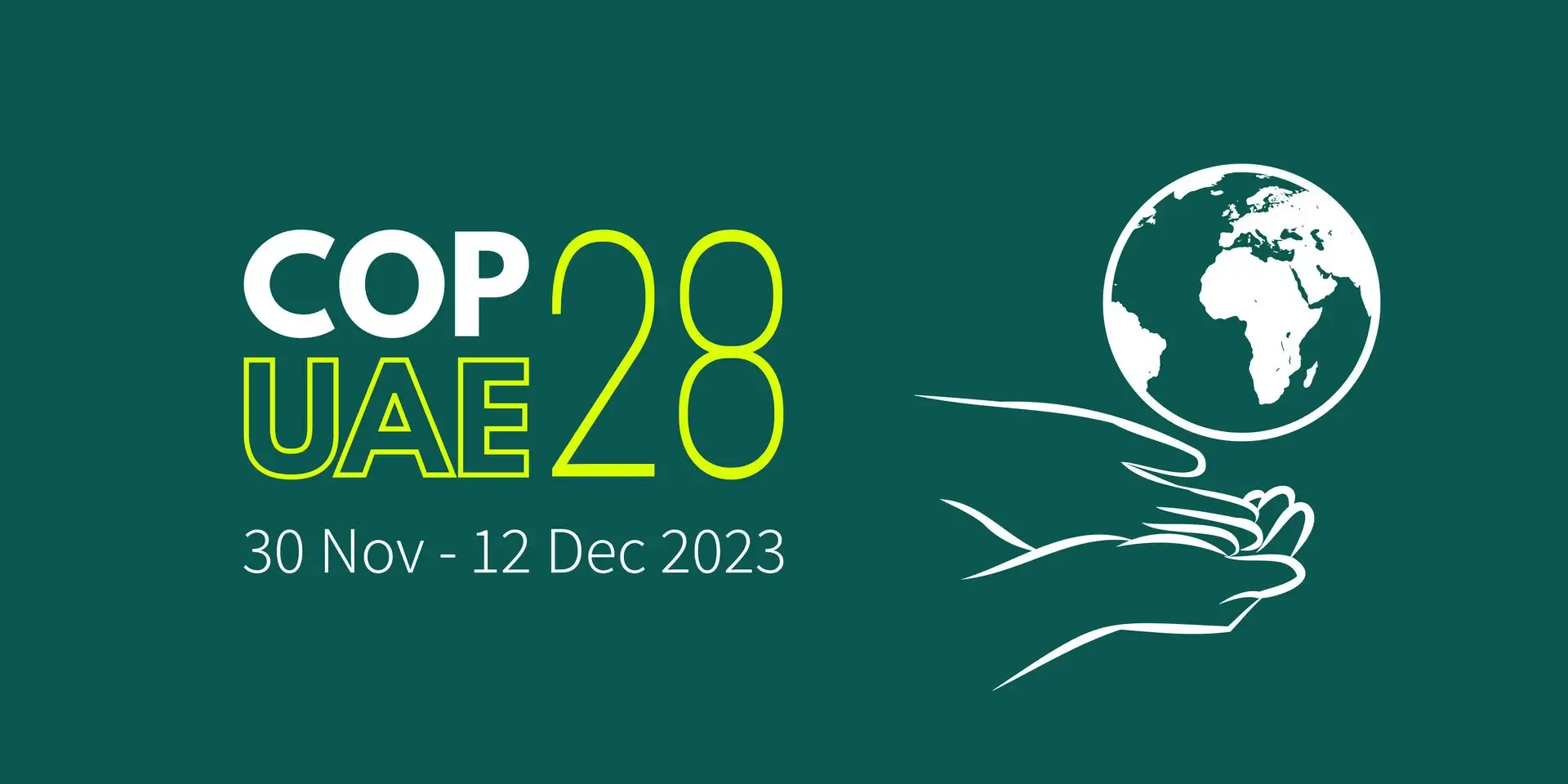
Dubai COP 28
eyesonsuriname
Amsterdam, December 21st 2023 –Far more than six months before COP28, the annual global climate meeting, which is in progress in Dubai, the country was already awash in environmental hype.
On the highway, banners for an event hosted by the Abu Dhabi National Oil Company, the fossil fuel behemoth known as Adnoc, read: “Decarbonizing. Faster. Together.” A placard in my hotel bathroom asked me to conserve water by using the two-tiered flush, although the flush had only one tier.
A friend’s utility bill was labeled “green bill” — although U.A.E. households have some of the highest carbon footprints worldwide.
This tidal wave of good green vibes crashed over my social media feeds in the run-up to COP28. In mid-November, I saw video of the half-mile-tall exterior of the Burj Khalifa — the world’s tallest building and an icon of glitzy, oil-financed consumerism — transformed into a glittery temperature-gauge warning of impending global warming.
“Action builds hope,” the text proclaimed. “Hope inspires action. Action delivers action.”
As the climate crisis grows ever more urgent, the U.A.E. is championing a dangerously seductive approach to the problem: insisting that we can invest and innovate our way out of environmental disaster, while changing as little as possible about our way of life. This philosophy can be found elsewhere but is most obvious in Gulf petrostates like the U.A.E.
Tiny, rich and ambitious, the country is scrambling to prolong its hydrocarbon wealth while rebranding itself as a leader in sustainability.
This posture comes with some startling, and self-defeating, contradictions. The U.A.E. is restoring coastal mangroves ostensibly to draw down carbon from the atmosphere, improve biodiversity and protect its coastline against rising seas. But it is also building artificial islands that destroy marine ecosystems, including coral reefs, while the coastal villas and high rises on them face a growing risk from flash floods. And in yet another clash of interests, the country’s livability depends on blasting air conditioning and desalinating seawater that largely use fossil fuels: In 2022, renewable energy provided only 7 percent of the U.A.E.’s power.
The biggest paradox of all is Sultan Al Jaber , the country’s top oil executive and the president of this year’s climate summit. To his detractors, those two hats represent an irreconcilable conflict of interest laid bare in remarks at a Nov. 21 event where he claimed there was “no science” behind demands for countries to agree to a rapid phaseout of fossil fuels by the end of the COP meeting on Dec. 12.
Such a phaseout is impossible, he said, “unless you want to take the world back into caves.” Experts promptly condemned the remarks as “verging on climate denial,” citing a growing body of evidence that switching to clean energy could accelerate economic growth. Mr. Al Jaber later said the remarks had been “misinterpreted.”
A changing climate, a changing world
Card 1 of 4
Climate change around the world: In “ Postcards from a World of Fire “, “193 stories from individual countries show how climate change is reshaping reality everywhere, from dying coral reefs in Fiji to disappearing oases in Morocco and far, far beyond.
In the best-case scenario, Mr. Al Jaber could help convince corporations (including oil companies) to stop damaging the climate. After all, he is an unusual oil executive who also founded and chairs Masdar, a state-owned renewables company, and has pledged to spend $15 billion decarbonizing Adnoc’s operations by 2030, including through carbon capture and electrification.
In the past year, the U.A.E. reportedly spent tens of billions of dollars on renewable energy projects in countries from Turkey and Malaysia to Zambia and the United States. Such investments serve several purposes: They diversify the U.A.E.’s revenue streams, burnish Abu Dhabi’s green credentials and cement political and economic relationships globally. At home, the U.A.E. aims to get 30 percent of its energy from renewable and nuclear power by 2030.
But like everything with the U.A.E., the story grows muddier when you consider that Adnoc is also investing $150 billion to increase its oil production capacity and is securing vast swaths of Africa to pursue dubious carbon-offsetting projects.
Neighboring Saudi Arabia is grappling with all the same contradictions, supersized. The globe’s second-biggest oil producer, Saudi Arabia has more than triple the U.A.E.’s population, just over half its per capita income and many of the same environmental pressures.
It, too, has big plans to diversify its economy, including through tourism, real estate and sustainable energy. Just look at Neom , a futuristic city under construction in the Saudi desert underwritten by $500 billion in oil wealth that aims to function as a hub for climate tech like green hydrogen, desert agriculture and solar-powered desalination.
It remains to be seen whether these promises will bear fruit. There’s plenty of cause for skepticism: Construction on Neom has been delayed for years, not least by heavy turnover among expatriate staff members complaining of toxic work conditions. And at the same time, the kingdom is hard at work making sure it can keep selling huge quantities of oil for decades to come: An undercover investigation by the Centre for Climate Reporting recently found that Saudi Arabia aims to lock-in oil and gas dependency in poor countries — including by developing cheap, petrol- or diesel-powered vehicles to be marketed across Asia and Africa.
The U.A.E. and Saudi Arabia might be the most flamboyant proponents of the belief that a country can be a leader on climate while refusing to compromise on fossil fuels. But they’re far from alone. The United States, in many ways, is a mirror image. We’re the only country pumping more oil than Saudi Arabia, and production is expanding fast: A president who promised “no new drilling” on the campaign trail in 2020 has approved so much new drilling that some experts warn it will cancel out the emissions reductions from the hundreds of billions of dollars his administration has funneled into clean infrastructure investment.
This ought to be forcing the American policymakers working toward global climate solutions at COP28 to confront a pressing question: How can we push petrostates to move faster on decarbonization when we’re moving too slowly ourselves? Ideally, we would lead by example: taming our own addiction to fossil fuels before expecting others to do the same.
Failing that, Washington can at least work with states like the U.AE., Saudi Arabia and Qatar to move beyond the hype and the glitz. That could mean joint investments on global problems that truly matter — such as decarbonizing heavy industry and air travel, rapidly scaling up sustainable tech for desalination and air conditioning, and investing more in green energy and disaster resilience in poor countries.
But it also means calling out the more cynical excesses of governments like Mr. Al Jaber’s. Saudi Arabia can’t claim to champion sustainability in the developing world while scheming to get African nations hooked on oil. And the U.A.E. can’t blithely downplay climate science days before hosting a pivotal conference from which we all need real answers.
eyesonsuriname


